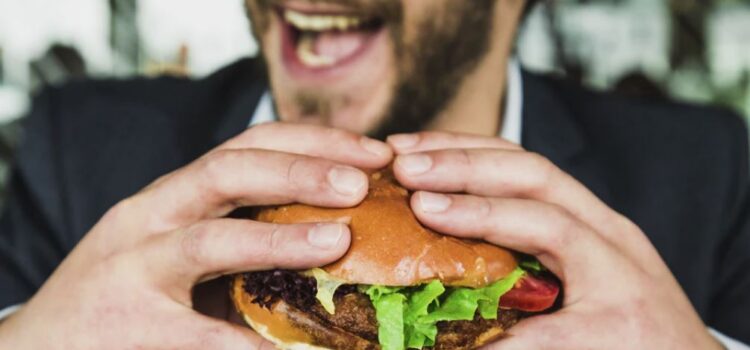What is time-restricted eating (TRE)? How does TRE compare to normal eating in terms of weight loss? Time-restricted eating is a way of dieting where you fast for most of the day (and night) and feast for a few hours. Scientists are on the fence with regards to whether time-restricted eating benefits weight loss. Some studies found that TRE has a significant effect on weight loss, while others found that it doesn’t make much difference compared to normal meal taking. All in all, it seems to depend on how long you spend in the fasted state. Keep reading to learn
Does Time-Restricted Eating Benefit Weight Loss?









